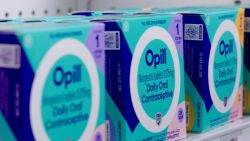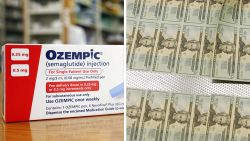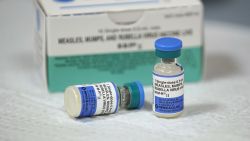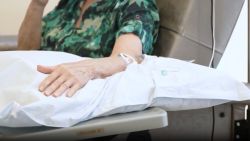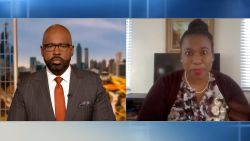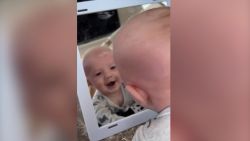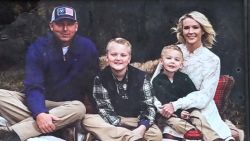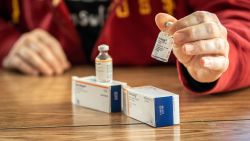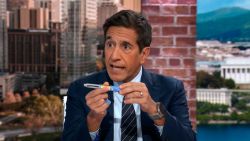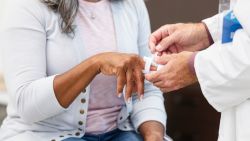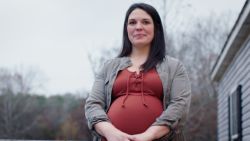Story highlights
The NCA All-Star National Championship was February 23-25
Symptoms include swollen or tender salivary glands, low-grade fever and muscle aches
Thousands of athletes, coaches and spectators who attended a national cheerleading competition last month in Dallas may have been exposed to mumps, state health officials said.
Approximately 230,000 people attended the National Cheerleaders Association All-Star National Championship, said C.C. Gonzalez-Kurz, public information officer for the city. More than 25,000 of those people were athletes and coaches, according to the NCA.
No illnesses linked to the championship, held February 23 to 25,have been reported so far, state health spokesman Chris Van Deusen told CNN. However, the virus’ shortest possible incubation period since that time only just ended.
“There’s only a small risk for most people who were there, but we wanted to let people know so they could watch for mumps symptoms,” Van Deusen said.
Mumps is a contagious viral illness with symptoms that include swollen or tender salivary glands, swollen or tender testicles, low-grade fever, tiredness and muscle aches, according to the Centers for Disease Control and Prevention. Symptoms typically appear 16 to 18 days after infection, but the period can range from 12 to 25 days.
The virus is spread through “saliva and respiratory droplets created when a person sick with mumps coughs and sneezes,” Antonio Aragon of the Texas Department of State Health Services wrote in a March 2 letter sent to cheerleading gyms that sent teams to the event. It also was shared on Twitter and sent to CNN.
Generally, mumps symptoms last at least two – but not more than 10 – days.
‘It would start happening around now’
More than 23,000 athletes and 2,600 coaches took part in the competition at the Kay Bailey Hutchison Convention Center in Dallas, according to the organizers. They hailed from 39 states and nine countries.
“If you, your child, or any other individuals linked to this event experience or have experienced mumps symptoms, please contact your health care provider and inform them of your exposure to mumps,” Aragon wrote.
Dr. Vincent Iannelli, a pediatrician, told CNN his daughter, who is “healthy and fully vaccinated,” attended the competition. She has not shown any mumps symptoms.
“We are early in the incubation period for mumps, so if anyone was going to get sick, it would start happening around now,” he said. “I am concerned about those at the competition who are too young to be vaccinated or have problems with their immune system and can’t be vaccinated. That’s why it is important for everyone to get vaccinated and protected and not skip or delay any vaccines.”
The National Cheerleaders Association, or NCA, did not immediately respond to CNN’s request for comment.
Its website’s main page, Facebook page and Twitter account made no mention Friday of the mumps warning.
Gonzalez-Kurz, the public information officer, said convention center staff take precautions to ensure public safety.
“Our facilities team cleans and disinfects all surface areas several times a day,” said Gonzalez-Kurz. “We do this daily to maintain a clean and welcoming environment. Having this process in place also allows us to maintain a safe environment for our guests.”
In 2017, 118 people from 15 states and the District of Columbia had measles, the CDC reported. This year, 13 people from seven states – Arkansas, Illinois, Indiana, New York, Oklahoma, Pennsylvania, and Texas – were reported to have measles through February 24.
Most Americans who got measles were unvaccinated, according to the CDC. Nearly 92% of children between 19 and 35 months old receive their measles, mumps and rubella vaccination shot, dubbed MMR. A second dose should be given between ages 4 and 6.
CNN’s Susan Scutti and Michelle Krupa contributed to this story.


